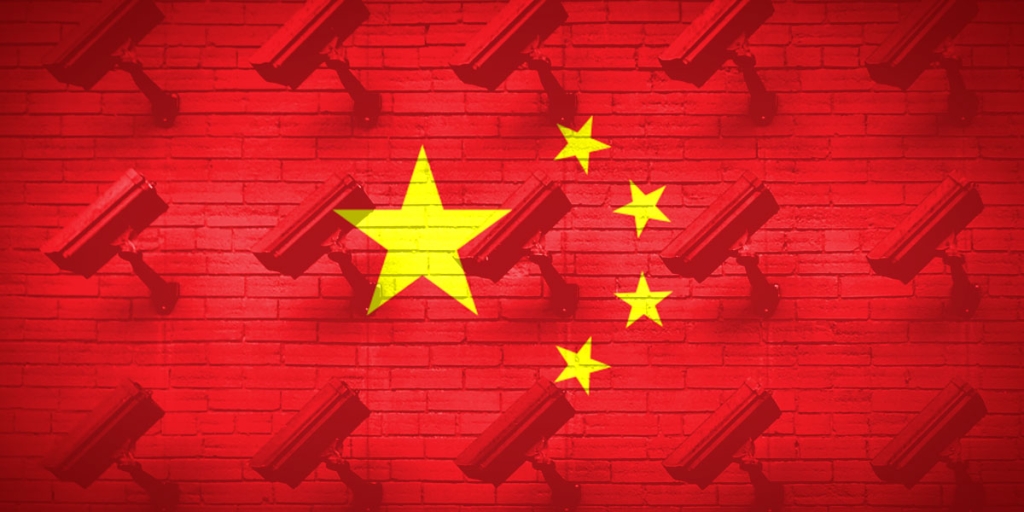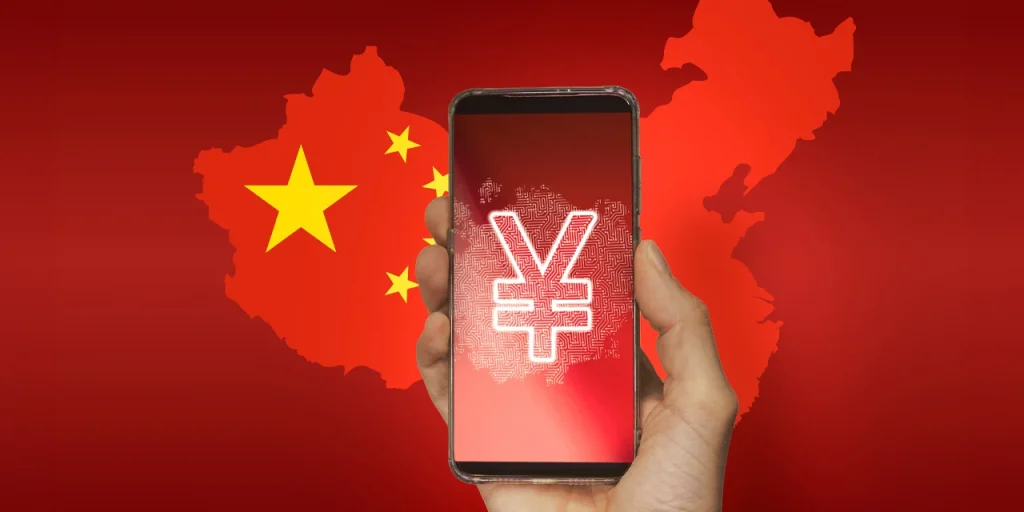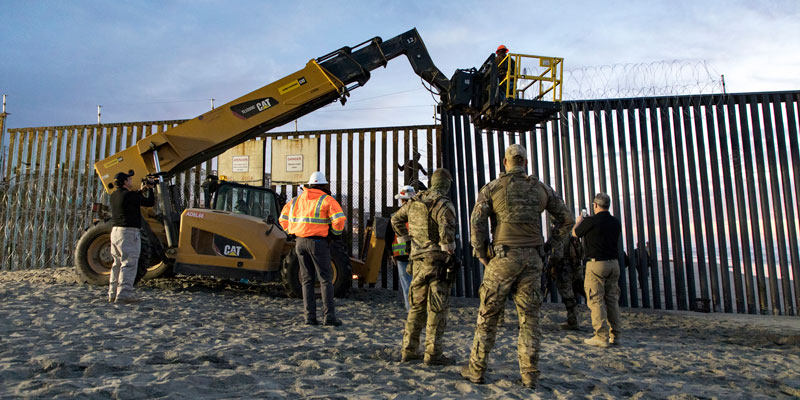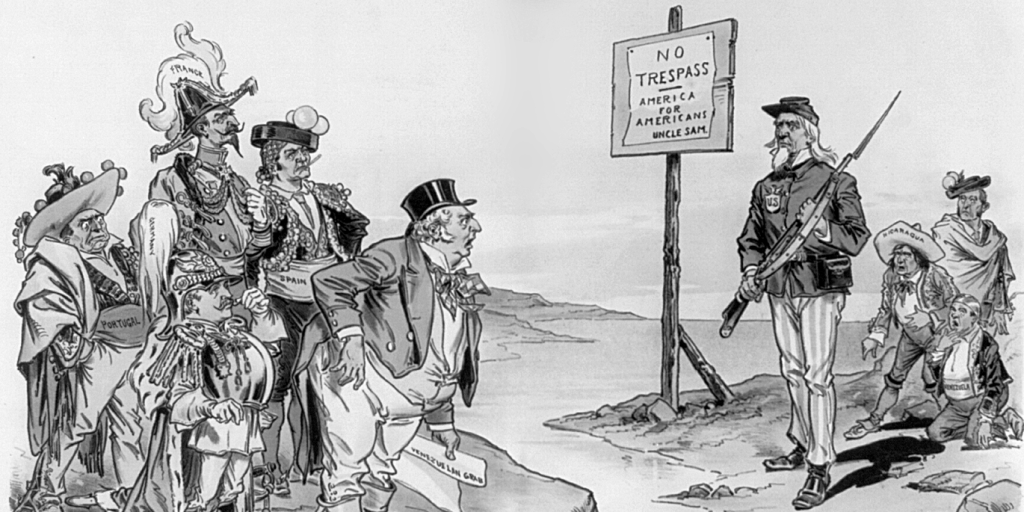Napoleon predicted that China’s “wokeness” would move the world; returning the compliment, the Chinese contend that it is too soon to measure the impact of the French Revolution. Today, China is very much awake and is revealing the dangerous ideas unleashed by the French Revolution.
Although half-way around the globe, China continues to command our daily attention. After all, it is the most populous country on the planet, the second wealthiest, and, recently has the dubious distinction of being the birthplace of the coronavirus. It truly is a remarkable nation.
In half-a-century, it has transformed itself from a third-world country into an international superpower, competing on the world stage against the biggest players: the European Union, Russia, and even the United States. The machine that is China may appear to contain a well-oiled and durably built engine powering the country up the hill of international clout. But soon the strain of its flagging economy will cause this Chinese engine to lock up, bringing the machine to a jarring halt before it begins its backwards slide.
History and economics teach us that the writing is on the wall for China’s recent trend of success. President Xi Jinping is ignoring the warnings, and his administration’s expansion and bolstering of the government’s authoritarian powers will accelerate China’s decline.
The root of China’s woes lies in the centralized, dictatorial control its government exercises on its nation’s citizens and industries. This creates log jams, stifles real growth, and throttles the creative potential of the Chinese people.
Under this authoritarian system, citizens have little motivation to take initiative, and those who do are met with an impenetrable barricade of bureaucratic red tape. Their entrepreneurial spirit, which years ago appeared unleashed, has now been squashed, and all that remains is a stagnant pool of government-issued status quo. Throughout history, the Chinese people have displayed a vibrant and creative spirit, but Chinese-style communism has sacrificed this spirit at the altar of power, efficiency, and uniformity.
Any system of government that stifles the human spirit is doomed to failure. Because people naturally yearn to be free, authoritarian regimes require armies of watchers surveilling the populace’s every move. The government must then enlist watchers to watch the watchers! So long as it exists, this kind of absurd societal structure engenders a culture of fear that paralyzes individual initiative.
Parents can no longer trust their children, who have been educated, or rather brainwashed, to report any violation occurring within the family to the state. The inevitable consequence is that China will fall behind those nations where the inalienable rights of the people are protected and where the spirit of ingenuity and entrepreneurship is encouraged, rewarded, and supported.
A prime example of China’s looming decline is exhibited by its infamous practice of stealing intellectual property from more technologically advanced countries. While the Chinese people have proven to be experts at reverse engineering existing tech, they lack the creative freedom to envision the infrastructure necessary to implement a new generation of technology.
This strategy necessarily results in China playing technological catch-up to the rest of the first world superpowers. That only works for so long. Much like a student who passes a class by cheating will later suffer the consequence of not being able to compete in the professional world, China has hamstrung itself by failing to establish the research infrastructure necessary to develop, much less envision, independent technologies for the future.
A practical consequence of this strategy is the production of second-rate military technologically inferior to that of its adversaries. China’s military is massive; there is no question about that. But in the 21st century, military strength is less about quantity and more about precise weapons systems delivering violent power with limited risk to military personnel.
Invading Korea with a million-man army may have worked 70 years ago, but times have changed. Simply put, because China has stolen the technology for its weapon systems, it does not and will never possess the infrastructure required to maintain and improve on those systems. To wage a 21st century-style conflict requires military personnel to make snap decisions in an asymmetrical environment. China’s bureaucracy could never support a winning strategy in the modern era of warfare.
Furthermore, we are now beginning to see the inevitable result of a centrally-controlled market – a crumbling infrastructure. China’s government has attempted not only to predict the nation’s internal growth, but to force growth to conform to the government’s direction and design. This leads to cities being built in government-projected locations with no inhabitants moving there.
Imagine the huge waste of resources involved in such a strategy. Economic expansion cannot be mandated by a government; growth is fundamentally organic and is tied to human action and human decision. As a government increasingly inserts itself into the ebb and flow of the market, waste begins to accrue and its accumulation further limits economic growth. Eventually, the system itself will crumble under its own weight.
This is starting to happen.
The only hope for China is for the central authority under President Xi to change course and adopt policies giving the Chinese people more control of their government with greater personal freedoms. As liberty and the evolution of self-government are engrained in our nation’s development and explicitly inscribed in our Constitution, we can help.
First, we should curtail the economic dislocation of a trade war. Retaliatory tariffs serve no purpose other than empowering central governments and increasing the costs of goods for Chinese and Americans alike.
Second, we should strengthen our military alliances in the Far East. If the Peoples Liberation Army decides to take action in its hemisphere of the world, it must be met with nothing but resistance from surrounding countries. The United States must not only project influence but also be a reliable partner.
Third, we should aggressively enforce international agreements regarding intellectual property. China must pay the price for choosing to steal rather than to invest in its own technological development.
Finally, we should clandestinely support Hong Kong and its struggle to regain liberty. Hong Kong’s culture of independence can spread like fire throughout China if fueled, and America can supply that fuel. The Chinese people are not so cut off from the rest of the world so as to be ignorant of their suffering.
There is hope for the country, but, ultimately, it must come from the bottom up, when the people demand the liberty to choose their own government.
Will Sellers is an associate justice on the Supreme Court of Alabama













